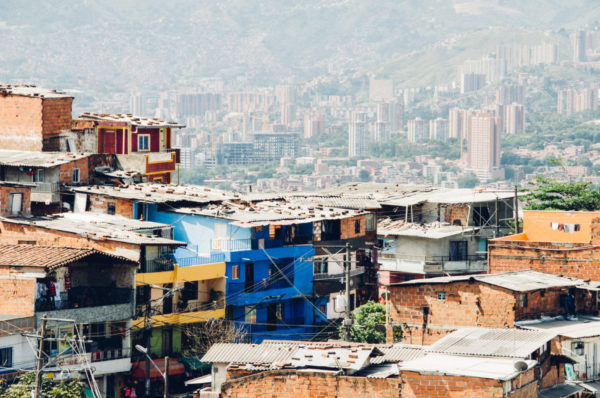
Archives

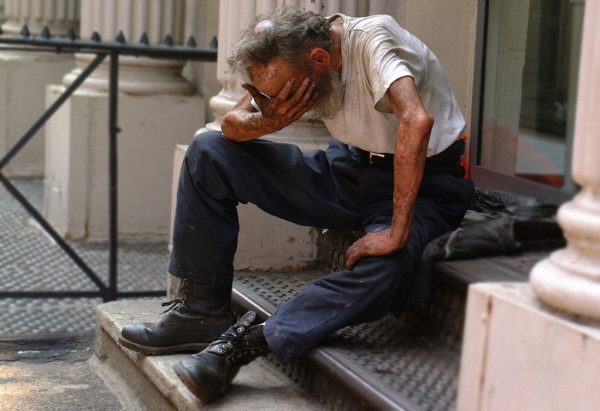
Coronavirus Exposes How West Coast Progressives Failed the Homeless
In cities such as Seattle, San Francisco, and Los Angeles, public health authorities are quickly discovering another potential tinderbox for infection: homeless encampments.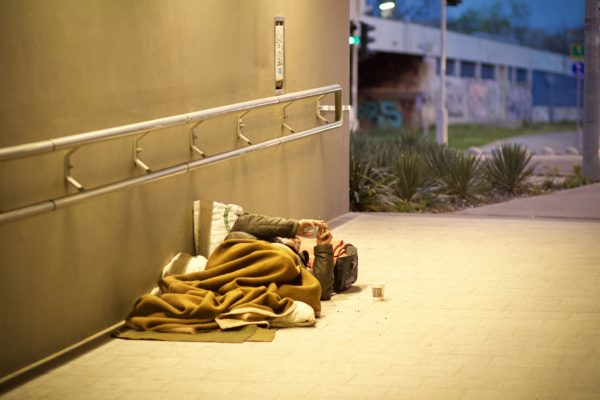
Plot Twist
The progressive narrative on homelessness has always been wrong—and new data undermine it further.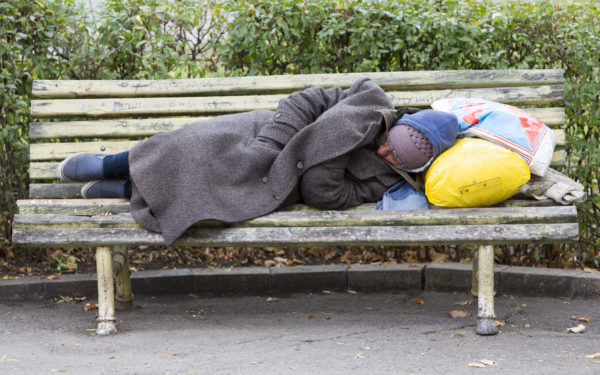
What’s Really Driving the Homelessness Crisis?
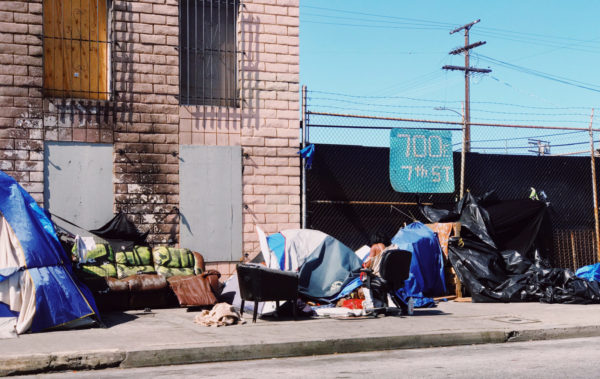
The Moral Crisis of Skid Row
Los Angeles’s addiction epidemic is creating a permanent underclass, cut off from the rest of the city.
Abolish the Police?
A dangerous new idea is inspiring some criminal-justice activists.
Progressives Gone Wild
In Seattle, municipal employees increasingly see identity politics and fighting “oppression” as part of their jobs.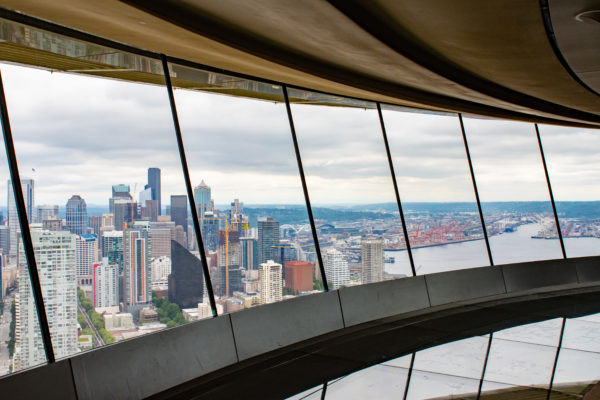
Seattle’s Course: Harder Left
The progressive-socialist coalition tightens its grip on the city council.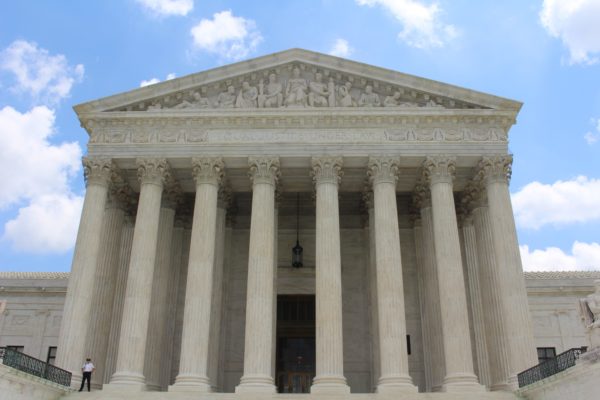
Asian-Americans for Equal Opportunity
A thriving minority group breaks with the progressive consensus on race.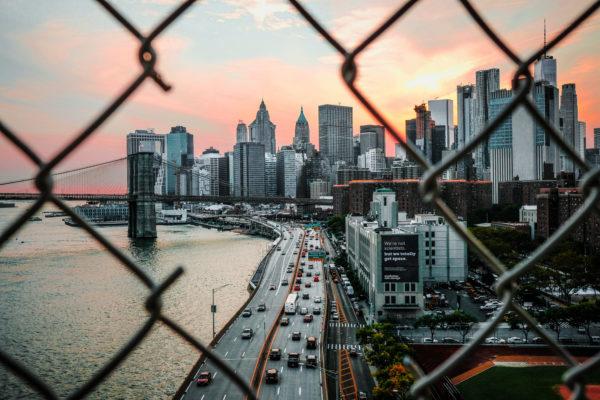
The Rise of the New Left Urbanists
A new faction emerges in city politics.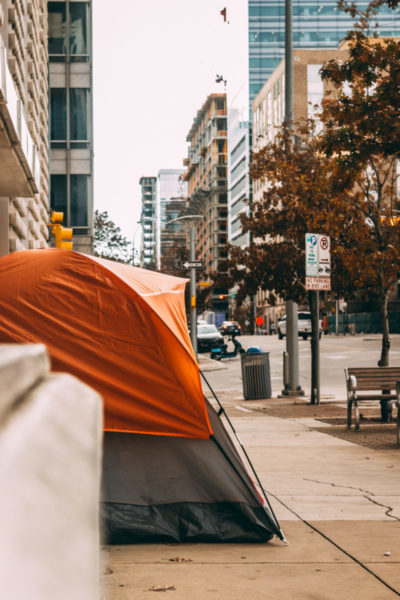
Enforcement Works
A compassionate policy is reducing street homelessness in Burien, Washington.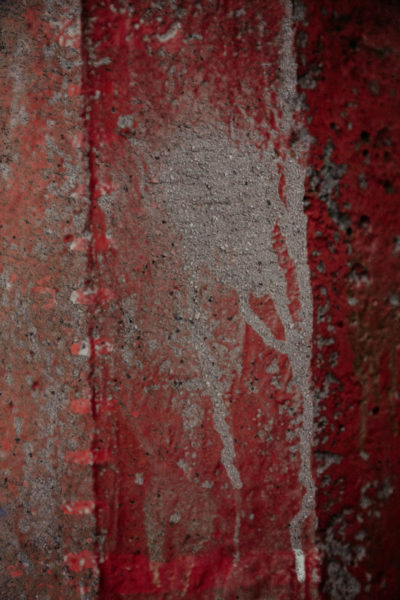
Naked, Angry, and Alone
A series of random stabbings in Seattle reveals a broken social order.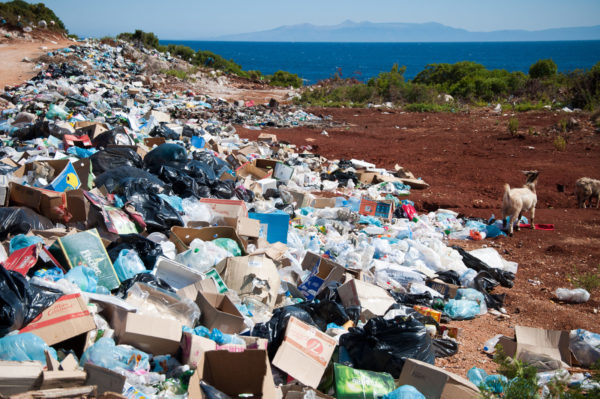
Emerald Trash Heap
Seattle is overwhelmed by garbage and filth, but the city’s leaders won’t admit it.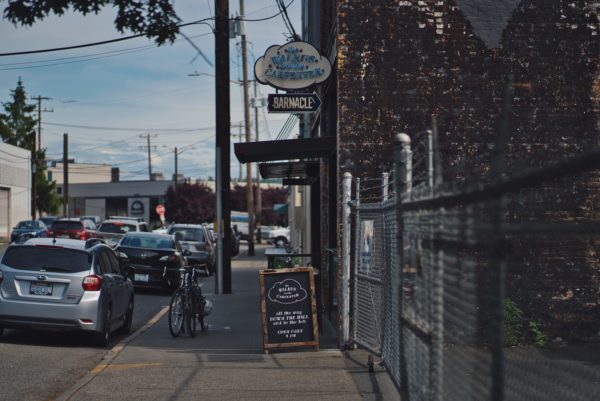
The Wrong Narrative
Seattle elites show little sympathy for a woman raped by a homeless man.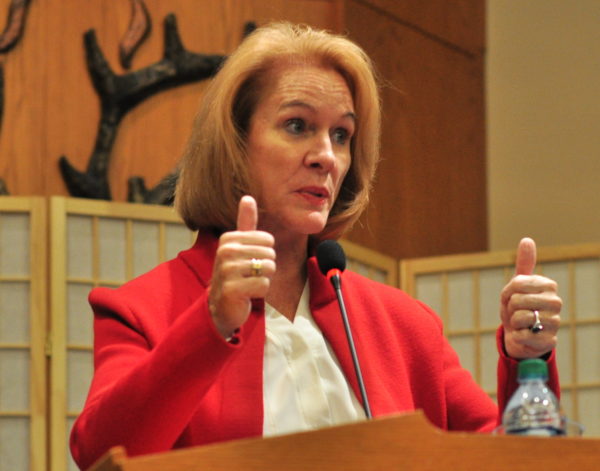
Seattle’s Revolt of the Elites
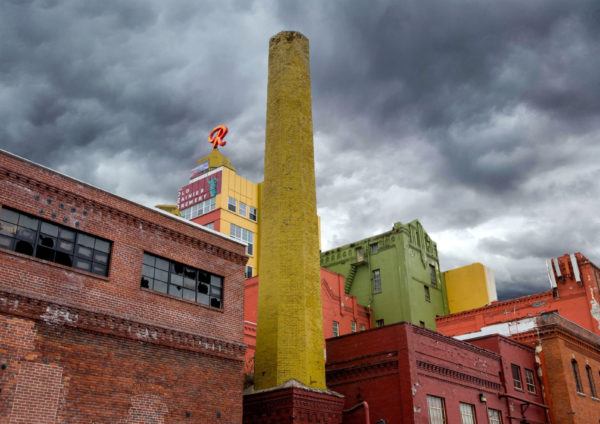
A Brewing Rebellion in the Emerald City

When “Compassion” is Contempt
Washington State legislators might soon legalize homeless encampments on streets, sidewalks, and parks.Go Grow Somewhere Else
Seattle’s suburbs eagerly accept Microsoft’s $500 million investment for affordable housing—but Seattle itself is not interested.
Crimes of Survival
A new trend in criminal-justice reform rationalizes stealing.